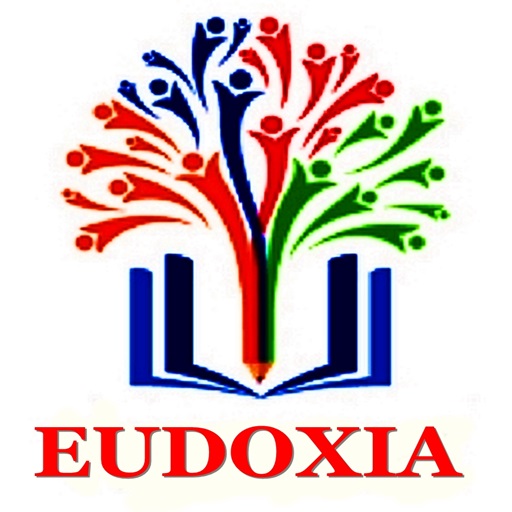WORDP-2024
International Workshop on Research Manuscript Drafting and Patent Filing Process
Date: 13th July (Saturday) to 20th July (Saturday), 2024

Get in Touch
+91-8787318074/+1-3607438948 (WhatsApp Available)
WORDP-2024
International Workshop on Research Manuscript Drafting and Patent Filing Process (WORDP-2024)
Date: 13th July (Saturday) to 20th July (Saturday), 2024
Total 10 Credit Hours and Two e-Certificates will be provided to all the registered participants
Learn
- Methods of Data Collection for Qualitative, Quantitative and Experimental Research Design
- Carefully design your research methodology, whether it’s qualitative, quantitative, AI-driven, or experimental. Ensure that your chosen approach aligns with your research goals.
- Selection of Research Topic for Doctoral Research, Thesis Drafting, Minor and Major Research Project.
- Process of selection of Q1, Q2,Q3, Q4 Journals for SCOPUS FREE PUBLICATION
- Mechanics of Original and Review Manuscript for Free Publication Process
- Application of Software for Thesis Drafting, Editing, Plagiarism Checking, and Ethical Paraphrasing.
- Application of SPSS, NVivo 12, and Max QDA for Data Analysis
- Organize your research manuscript with a clear structure. Typically, it includes sections like Introduction, Literature Review, Methodology, Results, Discussion, and Conclusion.
- Start by clearly defining the objectives of your research and innovation project. Know what problem you are trying to solve or what new idea you are exploring.
- Use robust data analysis techniques to derive meaningful insights from your research findings. This may involve statistical analysis, machine learning algorithms, or qualitative analysis methods.
About International Workshop WORDP 2024:
In today’s world, research has become an essential part of academic and professional development. Conducting research requires knowledge of research methods and methodologies, as well as proficiency in various research tools and software.
This workshop WORDP-2024 can provide an opportunity for researchers from different countries and backgrounds to come together and share their experiences and knowledge. This can help to foster collaboration and cooperation workshops and to generate new ideas and approaches to research.
This International Workshop WORDP-2024 is one of the best international research manuscript drafting and patent filing process learning workshops can provide access to experts in the field, who can share their expertise and knowledge with participants. This can help to ensure that participants have a good understanding of the latest research methods and methodologies, as well as the most effective research tools and software.
This workshop WORDP-2024 can provide participants with hands-on training and practical experience in conducting research and especially the Manuscript Drafting Process by the use of the latest technology, AI and Software in an ethical manner. This can help to ensure that participants have the skills and knowledge needed to conduct high-quality research and free quality publications in their respective fields.
This best international Live workshop WORDP-2024 can provide participants with opportunities to present their research and receive feedback from peers and experts. This can help to improve the quality of their research and to promote their work to a wider audience.
This workshop WORDP-2024 can also provide networking opportunities for participants, allowing them to establish professional contacts and collaborate on future research projects. This can help to facilitate the exchange of ideas and promote international collaboration in research.
Finally, this International Workshop WORDP-2024 can help to promote the development of quality research publications in different countries, by providing training and support to researchers in these regions. This can help to promote the growth of research in these areas, and to address important social and economic challenges facing these countries.
In conclusion, WORDP-2024 workshop can provide numerous benefits to researchers, including access to experts, hands-on training, opportunities for presentation and feedback, networking opportunities, and support for the development of research infrastructure. As such, such a workshop is an essential component of academic and professional development and should be promoted and supported by governments, academic institutions, and other stakeholders.
Higher research degrees are designed to equip students with the knowledge, skills, and experience necessary to undertake original research in their chosen field. A key component of a higher research degree is the thesis, which represents the culmination of the student’s research and provides evidence of their ability to conduct independent research. Effective thesis drafting is critical for ensuring that the thesis is of high quality and meets the requirements of the degree.
There are several reasons why effective thesis drafting is essential for higher research degrees. Firstly, a well-drafted thesis can demonstrate the student’s ability to undertake independent research and contribute to knowledge in their field. This can enhance the student’s reputation and standing in the academic community, and increase their prospects for future employment and research opportunities.
Secondly, effective thesis drafting can lead to more rigorous and robust research. By carefully planning and structuring the thesis, students can ensure that their research is well-organized and methodologically sound. This can increase the credibility and reliability of the research findings, and contribute to the advancement of knowledge in the field.
Thirdly, effective thesis drafting can also facilitate the peer-review process. When a thesis is well-drafted, it is easier for examiners and reviewers to assess the quality of the research and provide constructive feedback. This can lead to a more rigorous and thorough examination process, which can enhance the credibility and impact of the research.
Learning the patent filing process in WOMAP-2024 is not just about protecting one’s inventions; it is a fundamental component of the innovation ecosystem. It encourages creativity, secures competitive advantage, enhances professional development, and promotes knowledge sharing and collaboration. Moreover, it has far-reaching effects on economic growth and societal advancement. As such, understanding and engaging in the patent filing process is invaluable for anyone involved in research, development, and innovation, offering a pathway to transforming ideas into tangible assets that can drive progress and change.
Special Features of Workshop WORDP 2024 Includes:
-
Improved Research Publication Output: Workshop WORDP-2024 can lead to improved research output, as Researchers and Academicians will be better equipped with the necessary skills and knowledge to produce high-quality theses and research designs.
- Better Supervision of Scholars: Academicians who participate in such development programs can better supervise students who are working on their theses and research projects. This can ensure that the students are receiving the guidance they need to produce high-quality work.
- Access to Funding Opportunities: Faculty members who have a better understanding of research project funding can access more funding opportunities. This can lead to the development of more ambitious research projects and the pursuit of research questions that might otherwise be outside the scope of available funding.
- Increased Collaboration: Faculty development programs can promote collaboration among faculty members who might not otherwise work together. Collaboration can lead to the development of more interdisciplinary research projects that tackle complex questions and issues.
- Exposure to New Technologies: Thesis drafting and research project funding are fields that are constantly evolving, and new technologies can play a significant role in both areas. Faculty development programs can expose faculty members to new technologies and methodologies, which can enhance their research and teaching.
- Enhanced Professional Development: Faculty development programs on thesis drafting and research project funding can contribute to the professional development of faculty members, as they learn new skills and techniques that can be applied in their work. This can also lead to career advancement opportunities.
- Improved Time Management: Participating in faculty development programs can help faculty members to better manage their time, which can be critical when working on complex research projects. This can help them to prioritize their work and achieve more in less time.
- Better Integration of Research and Teaching: Faculty members who participate in faculty development programs on thesis drafting and research project funding can better integrate their research and teaching. This can lead to a more engaging and dynamic classroom environment and more effective teaching.
-
Improved Institutional Reputation: Faculty development programs can enhance the reputation of an institution, as faculty members who produce high-quality research and who are successful in obtaining research project funding can contribute to the institution’s profile and reputation in their respective fields.
Understanding the Indian Patent Process:
The Indian patent system has evolved significantly over the years, and it is now aligned with international standards. Participating in this international workshop WOMAP-2024 delves into the Indian patent filing and publication process and provides several benefits:
- Global Market Access: India is a growing market with vast opportunities for innovation. Learning about the Indian patent system allows participants to tap into this market and protect their inventions effectively.
- Cost-Effective Filing: Understanding the nuances of the Indian patent system helps participants leverage cost-effective strategies for filing and maintaining patents, making it an attractive destination for innovators.
Exploring the US Patent System:
The United States is a global innovation hub, with a robust patent system that encourages creativity and entrepreneurship. Learning about the US patent process offers the following advantages:
- Strong Legal Framework: Understanding the US patent system equips innovators with knowledge of the rigorous legal framework for patent protection, ensuring comprehensive IP protection.
Navigating the German Patent Landscape:
Germany is renowned for its engineering and technological innovations, making it an attractive destination for inventors.
Cross-Border Collaboration and Innovation:
- Market Expansion: Knowledge of diverse patent systems enables participants to explore new markets and reach a global audience, accelerating the commercialization of their innovations.
- Intellectual Property Strategy: Learning about different patent systems allows participants to develop sophisticated intellectual property strategies that consider international opportunities and challenges.
By learning about diverse patent systems, participants can strategically protect their inventions, expand their markets, and contribute to the global innovation ecosystem, ultimately benefiting both individual inventors and the international community as a whole.
The importance of the WORDP-2024 Workshop for international academicians cannot be overstated. Such programs are designed to support the professional growth and development of faculty members from different parts of the world. These programs are important because they help to improve the quality of teaching, research, and service provided by faculty members, while also promoting cross-cultural exchange and collaboration.
One of the primary benefits of this WORDP-2024 Workshop for international academicians is that it can help to bridge the cultural divide that often exists between faculty members from different parts of the world. Through these programs, faculty members can share their experiences, ideas, and perspectives, and learn from one another. This can lead to a better understanding of different cultural values and practices, which can be invaluable in promoting collaboration and understanding among faculty members.
In addition, WORDP-2024 Workshop can help to improve the quality of teaching and research. By providing faculty members with new and innovative approaches to teaching, they can become better educators and provide more engaging and effective learning experiences for their students. Likewise, by providing faculty members with the latest research methods and techniques, they can produce more rigorous and impactful research that advances knowledge and understanding in their respective fields.
Furthermore, this WORDP-2024 Workshop can also help international academicians to stay up-to-date with the latest developments in their fields. They can help faculty members to keep pace with rapidly changing technologies, emerging trends, and new approaches to teaching and research. By providing access to new and innovative resources and tools, faculty members can stay ahead of the curve and remain competitive in their respective fields.
Another benefit of WORDP-2024 Workshop is that it can provide opportunities for international academicians to build their professional networks. Through these programs, faculty members can connect with colleagues from other parts of the world and establish valuable collaborations and partnerships. These connections can lead to joint research projects, joint publications, and other forms of collaboration that can advance the field and promote cross-cultural exchange.
In conclusion, WORDP-2024 Workshop for international academicians is essential for promoting collaboration, understanding, and growth among faculty members from different parts of the world. By providing access to new and innovative approaches to teaching, research, and service, these programs can help faculty members to improve the quality of their work and stay ahead of the curve in their respective fields. They can also help to build professional networks and promote cross-cultural exchange, which can lead to joint research projects, joint publications, and other forms of collaboration. Institutions that invest in such programs are likely to attract top international talent and become leaders in promoting global education and research.
The process of patent filing is an essential skill in the realm of research, innovation, and technological development. Learning how to navigate this process offers a myriad of benefits in this workshop WOMAP-2024 that extend beyond the mere protection of an invention. This essay delves into the multifaceted advantages of understanding and engaging in the patent filing process, highlighting its significance in fostering innovation, securing competitive advantage, contributing to professional growth, and facilitating knowledge sharing and collaboration.
Fostering Innovation and Creativity
The core of learning the patent filing process is understanding how to identify and articulate the novelty and utility of an invention. This requirement encourages individuals and organizations to think innovatively and push the boundaries of existing technologies or processes. By engaging in this process, inventors become more adept at spotting gaps in the current state of technology, thus driving the development of new solutions. The rigorous assessment of an invention’s uniqueness and its practical application serves as a catalyst for creativity, encouraging inventors to refine their ideas and contribute to technological advancement.
Securing Competitive Advantage
Patents provide a legal monopoly over a technological innovation for a specified period, typically up to 20 years. By learning how to effectively file for patents, inventors and businesses can secure exclusive rights to their inventions, preventing others from exploiting their ideas without permission. This exclusivity allows for the recovery of research and development investments and the generation of revenue through licensing or direct commercialization. In industries where innovation is rapid and highly competitive, holding patents can be a critical factor in maintaining a competitive edge and securing a dominant position in the market.
Professional Growth and Recognition
For researchers, engineers, and inventors, the ability to file patents is a valuable skill that can enhance professional reputation and career prospects. Patents are often seen as a mark of expertise and innovation capability, serving as tangible evidence of an individual’s contribution to their field.
WOMAP-2024
International Workshop on Research Manuscript Drafting and Patent Filing Process (WOMAP-2024)
Date: 13th July (Saturday) to 20th July (Saturday), 2024
Total 10 Credit Hours and Two e-Certificates will be provided to all the registered participants
Agenda of Workshop WORDP-2024
Day 1: Date: 13th July (Saturday) 2024
Topic: Mechanics of Original Research Manuscript Drafting
- Clear Structure: Begin with a well-defined structure for your manuscript. Common sections include Introduction, Literature Review, Methodology, Results, Discussion, and Conclusion. Make sure each section serves a clear purpose in conveying your research.
- Title and Abstract: Craft a concise and informative title that accurately reflects the content of your manuscript. Write an engaging abstract that summarizes the key findings and contributions of your research, making it accessible to a broad audience.
- Precise Language: Use clear and precise language throughout your manuscript. Avoid jargon and acronyms that may be unfamiliar to readers. Define technical terms when necessary.
- Citations and References: Properly cite all sources and references following a recognized citation style (e.g., APA, MLA, Chicago). Ensure that your citations are accurate, and provide a comprehensive list of references at the end of your manuscript.
- Figures and Tables: Incorporate figures, tables, and graphs to visually represent your data and findings. Ensure that these visual elements are clear, labeled, and directly support your arguments. Include captions that provide context.
- Proofreading and Editing: Thoroughly proofread and edit your manuscript for grammar, spelling, and formatting errors. Consider seeking feedback from colleagues or peers to improve clarity and coherence. Editing software can also be helpful in identifying issues.
Attending a workshop on research manuscript drafting, publication and patent filing process can provide research scholars with numerous benefits, including a deeper understanding of research design, the the free publication process, stepwise explanation of Original and review manuscript drafting process, hands-on training in the research software tools, networking opportunities, keeping abreast of the most recent trends and advancements, and opportunities to present and receive feedback on their research. So, research researchers pursuing a Ph.D. should actively seek out and engage in such workshops to improve their research skills and job prospects.
Day 2:Date: 15th July (Monday) 2024
Topic: Effective Review Manuscript Drafting
- Thorough Review Manuscript Drafting:
- Start by understanding the scope and guidelines of the journal or conference where you plan to submit your manuscript.
- Draft your manuscript carefully, following the structured format required by the publication.
- Present your research findings logically, with clear sections for introduction, methods, results, discussion, and conclusion.
- Use appropriate language and tone, aiming for clarity and precision in your writing.
- Plagiarism Checking:
- Conduct a comprehensive plagiarism check using specialized software tools before submission.
- Ensure that all direct quotes are properly cited and that you provide proper attribution for any ideas, data, or text borrowed from other sources.
- Review and rewrite any sections of your manuscript that may be flagged as potential instances of plagiarism.
- Ethical Paraphrasing:
- Practice ethical paraphrasing by rephrasing the ideas of others in your own words while retaining the original meaning.
- When paraphrasing, make sure to cite the source properly to give credit to the original author.
- Citing Sources:
- Use a consistent citation style (e.g., APA, MLA, Chicago) throughout your manuscript to reference all sources properly.
- Ensure that all sources cited within the text are also included in the reference list, and vice versa.
- Familiarize yourself with the specific citation format required by the publication venue.
- Ethical Considerations:
- Adhere to ethical guidelines and standards in your research, such as obtaining informed consent for human subjects, using appropriate animal research protocols, and maintaining data integrity.
- Clearly state any conflicts of interest or financial disclosures in your manuscript.
- Peer Review Preparation:
- Be prepared for the peer review process, where experts in your field will evaluate your manuscript.
Day 3: Date: 17th July (Wednesday) 2024
Topic: Mechanics of Free Journal Publication Process
- High-quality research: The most important factor in getting published in a high-impact factor SCOPUS journal is the quality of the research. The research should be original, innovative, and address important research questions in the field.
- Understanding the scope and audience of the journal: It is important to understand the scope and audience of the journal before submitting a manuscript. This will help to ensure that the research is a good fit for the journal and will increase the chances of acceptance.
- Following the submission guidelines: It is important to carefully follow the submission guidelines provided by the journal. This includes formatting requirements, word count limits, and citation style guidelines.
- Clear and concise writing: The manuscript should be written in a clear and concise manner, using appropriate language and grammar. This will help to ensure that the manuscript is easy to read and understand, and will increase its chances of being accepted for publication.
- Proper data analysis: The data analysis should be conducted using appropriate statistical techniques, and the results should be presented clearly and concisely. It is also important to ensure that the data analysis supports the research question and objectives.
- Responding to reviewer comments: After submission, the manuscript will undergo a peer review process. It is important to carefully review and respond to any comments or suggestions provided by the reviewers. This will help to improve the manuscript and increase its chances of being accepted for publication.
Participating in such workshops enables researchers to remain current with the most recent trends and developments in research methods and methodology. This can assist them in producing relevant and meaningful research and staying ahead of their colleagues in their particular professions. Participation in a workshop on research methods and approaches can provide opportunity for researchers to share their findings and obtain comments from experts in their respective domains. This can assist them in refining their research results and producing more compelling and convincing research arguments.
Day 4: Date: 19th July (Friday) 2024
Topic: Mechanics Patent Drafting and Thesis Drafting Process
- Clarity of Content:
- In both patent drafting and thesis writing, clarity is essential. Ensure that your ideas, arguments, and innovations are expressed clearly and logically.
- Use concise and precise language to convey complex technical concepts, whether you are describing a patentable invention or presenting research findings in a thesis.
- Structural Flowcharts:
- Both patents and theses benefit from well-structured Flowcharts. In a thesis, follow a clear structure with sections like Introduction, Literature Review, Methodology, Results, Discussion, and Conclusion.
- In a patent application, organize the document with sections for the background, detailed description, claims, and abstract, adhering to the specific requirements of patent law.
- Originality and Novelty:
- Highlight the originality and novelty of your work in both contexts. In a thesis, emphasize how your research contributes to the existing body of knowledge.
- In a patent application, clearly define the novel aspects of your invention in the claims section, providing detailed and unique descriptions.
- Citations and References:
- Properly cite and reference prior art, related work, and existing patents in both your thesis and patent application. This demonstrates your awareness of the relevant literature and patents.
- In a patent application, distinguish your invention from existing technologies through comprehensive prior art searches and precise descriptions.
- Legal and Ethical Considerations:
- Consider the legal and ethical aspects of your work in both patent drafting and thesis writing. Ensure that your research complies with ethical guidelines and legal requirements.
-
Review and Revision:
- Engage in rigorous review and revision processes for both your thesis and patent application. Seek feedback from peers, mentors, or advisors to improve the quality and coherence of your work.
Day 5: Date: 20th July (Saturday) 2024
Topic: Stepwise patent filing and publication process
- Invention Disclosure and Evaluation:
- Begin by documenting your invention thoroughly, including its description, purpose, and potential applications. Evaluate the novelty and commercial viability of your invention.
- Prior Art Search:
- Conduct a comprehensive prior art search to identify existing patents and publications related to your invention. This step is crucial in assessing the novelty and patentability of your idea.
- Patent Application Drafting:
- Draft a detailed and clear patent application that includes a background section, a detailed description of the invention, claims that define the scope of protection, and any necessary drawings or diagrams.
- Work with a patent attorney or agent to ensure that your application adheres to the legal requirements and standards of patent law.
- Patent Filing:
- File your patent application with the relevant patent office (e.g., USPTO, EPO) in accordance with their specific procedures and requirements.
- Pay attention to filing fees and deadlines to maintain your patent application’s priority.
- Patent Examination and Publication:
- After filing, your patent application will undergo examination by the patent office. Examiners will review the application to determine its patentability.
- Once your application is deemed allowable, it may be published, making the details of your invention publicly accessible.
- Maintenance and Enforcement:
- After your patent is granted, ensure that you pay the required maintenance fees to keep it in force. Different patent offices have varying maintenance schedules and fees.
- If you discover instances of patent infringement, work with legal counsel to enforce your patent rights through litigation or negotiation.
Speakers of WORDP-2024

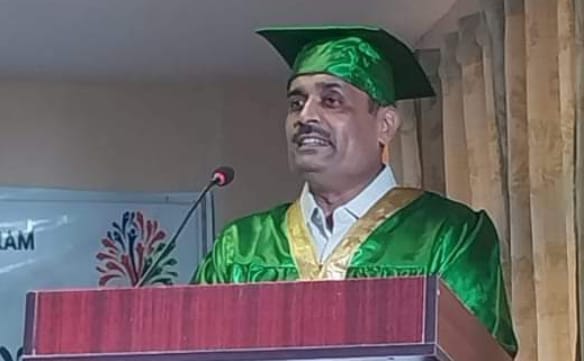







Organizing Committee Members
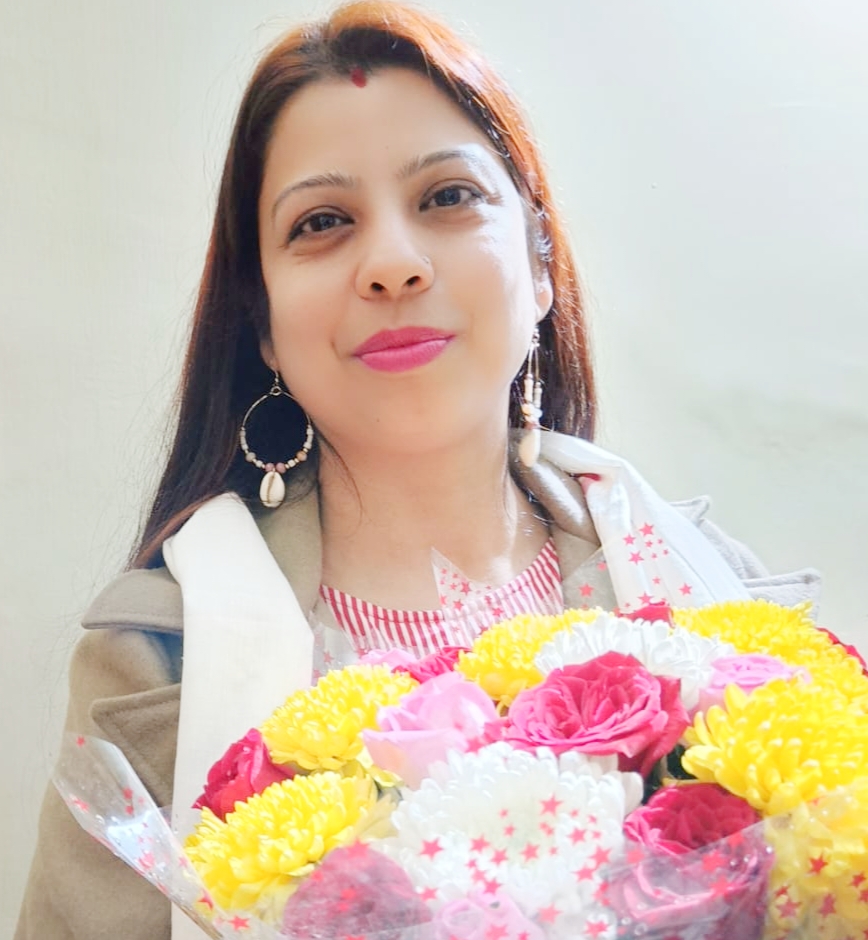







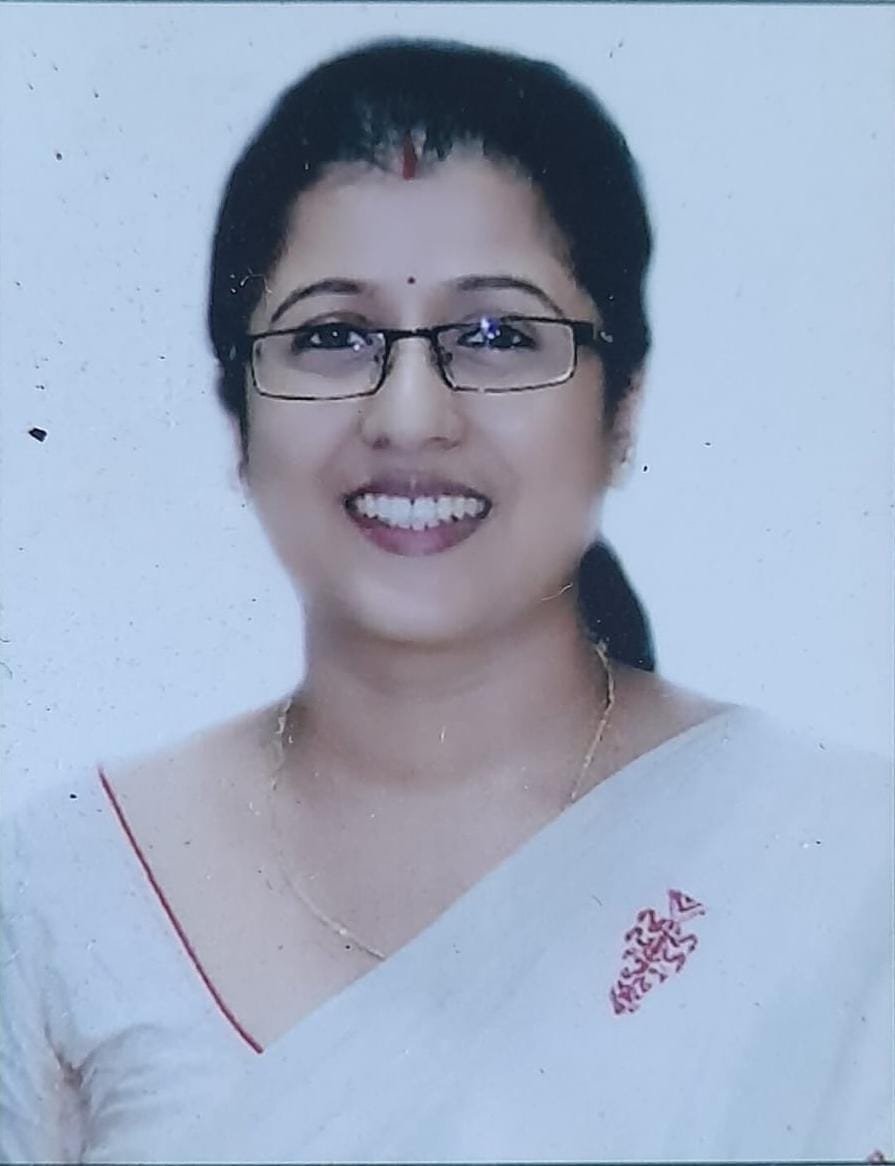






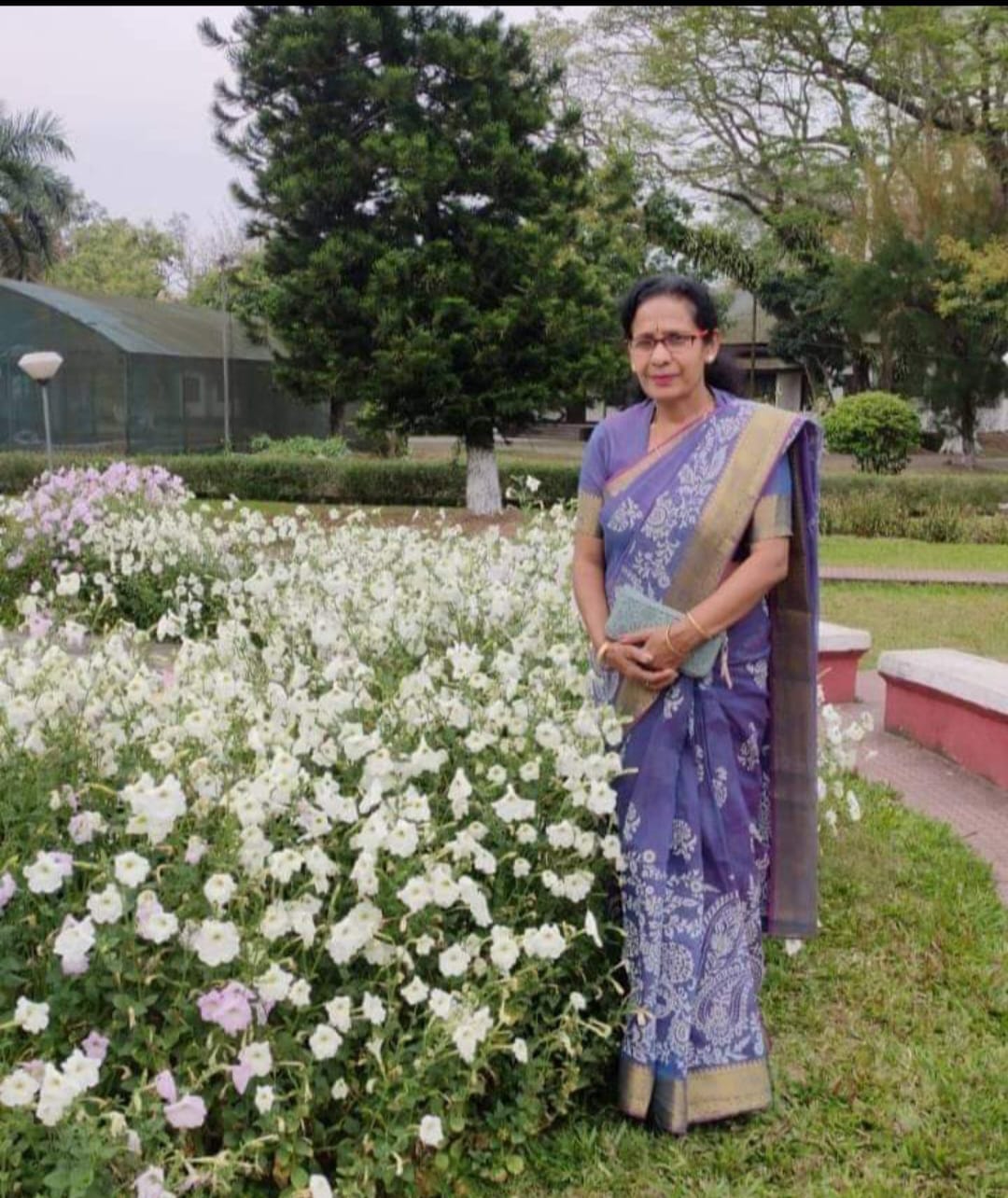

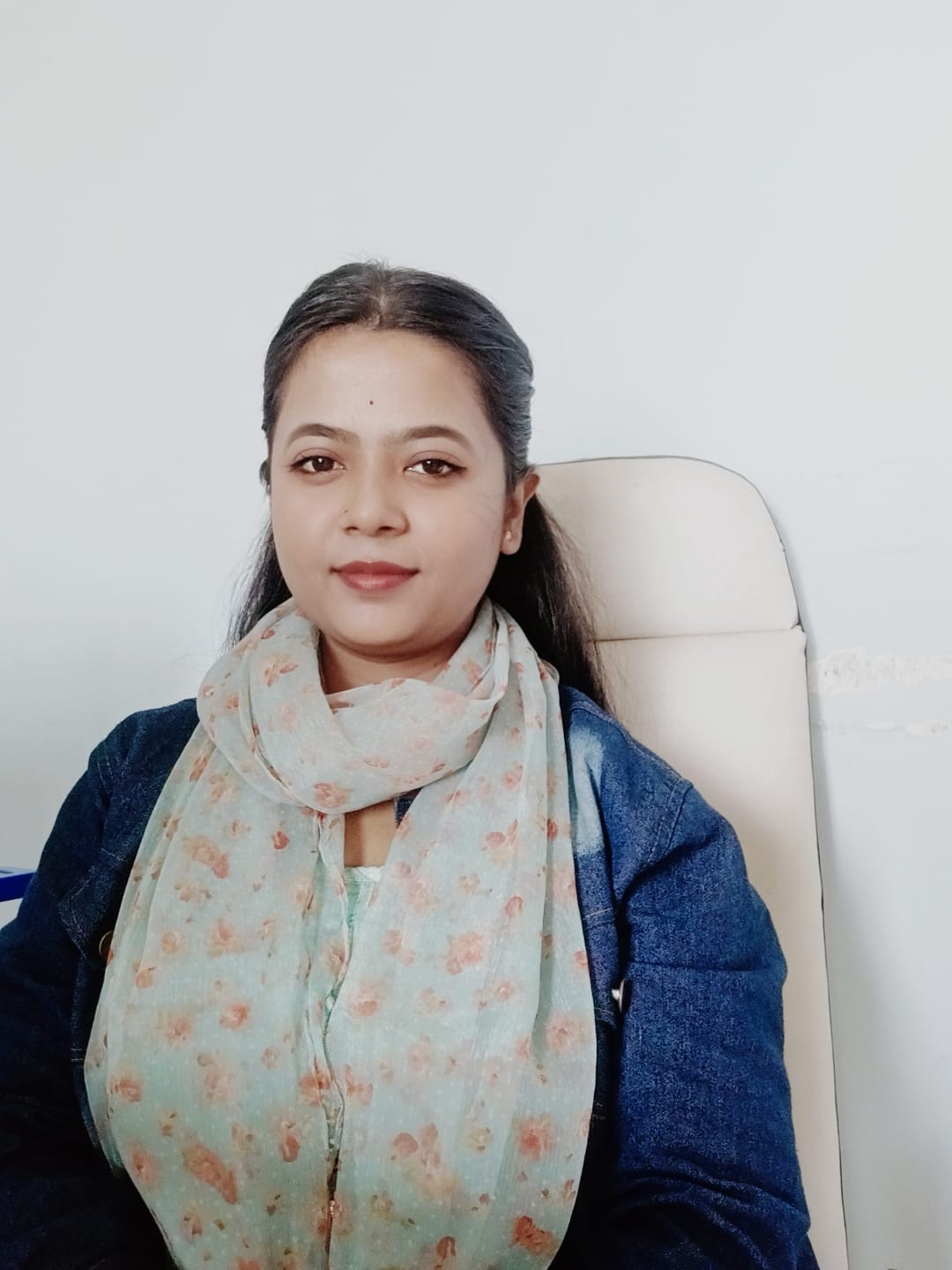
WORDP-2024
Day(s)
:
Hour(s)
:
Minute(s)
:
Second(s)
Eudoxia Research Centre, Mumbai, Bangalore, Guwahati, India
